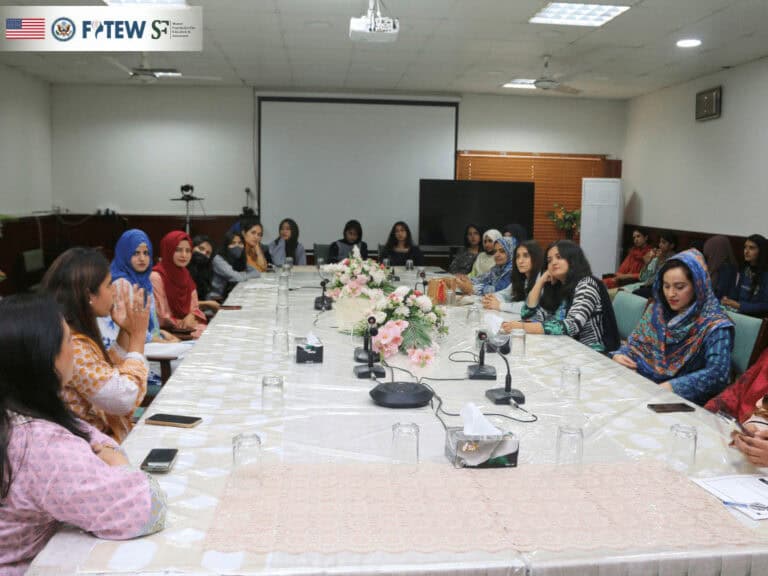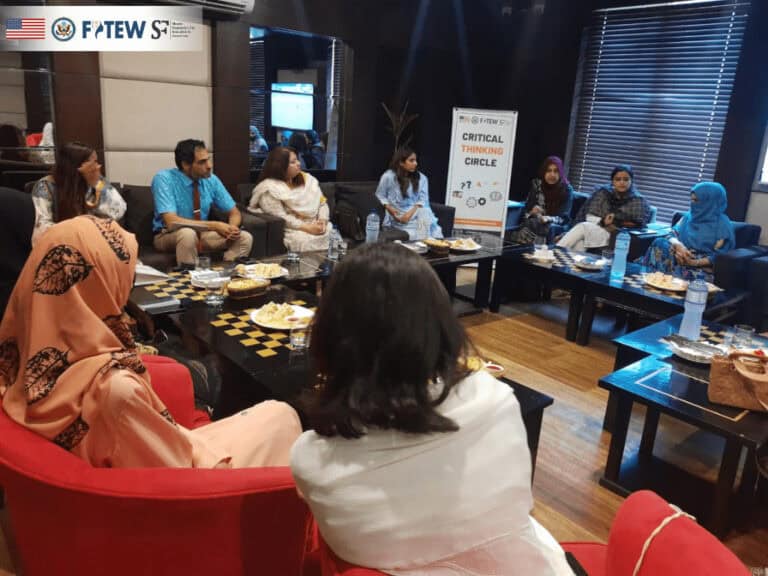Education, Culture and Critical Thinking
Education, Culture and Critical Thinking
The session on critical thinking at Women University Swabi was fundamentally based on the book by Ken Brown, “Education, Culture and Critical Thinking”. The book discusses the subject of “critical thinking” while deeply emphasizing the culture of rote learning. According to the author, this phenomenon of memorization is widely prevalent in the current education system. He also suggested remedying a widely perceived lack of critical, analytical abilities among school students.
A growing literature on “teaching thinking” and “problem-solving” maintains this commitment, reflecting a common belief that thinking skills of a general nature can not only be identified but can be taught successfully. The paucity of empirical evidence that intellectual skills thus identified actually transfer between domains of thought or subject matters has done little to diminish faith in the possibility that this is achievable. The principal message of this book is that theories of critical thinking which disregard its historical origins and dialectical, traditional character are likely to be seriously flawed. All human societies exhibit problem-solving abilities, often of a high order – all language and thought is fundamentally criteria based. Relevant distinctions between critical thought and its alternative are found in history and culture, in dialogue and criticism, not just in the operations of individual minds.
The session started with a review of the book. The viewpoints of the authors were discussed. Students participated in the activity keenly and shared their insights about the concept of critical thinking in light of the book. Numerous questions were asked regarding the work of Ken Brown while stressing their personal experiences.
Students gauged their education system to cater to the needs of critical thinking. They asserted that the prevalent education system hampers the development of intellectual faculties. Due to the reason education system, particularly in developing countries is unable to produce people with incisive abilities.
It is a common observation in the context of Pakistan that language and culture impede expression. English is considered a standard of intelligence, however, due to multi-linguistic backgrounds people shy away from expressing their thoughts owing to the language barrier. In addition, cultural barriers also impede particularly for females in this vicinity.








